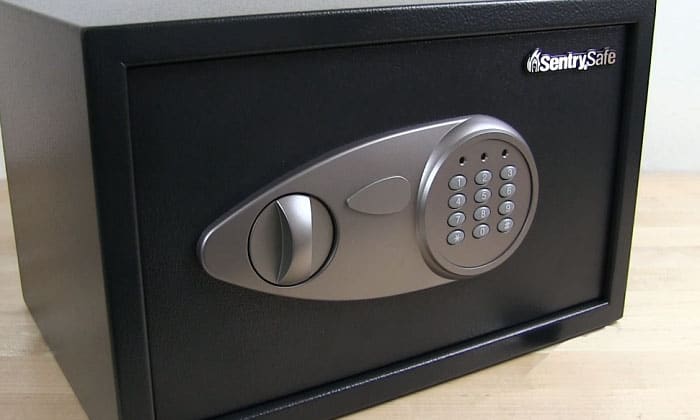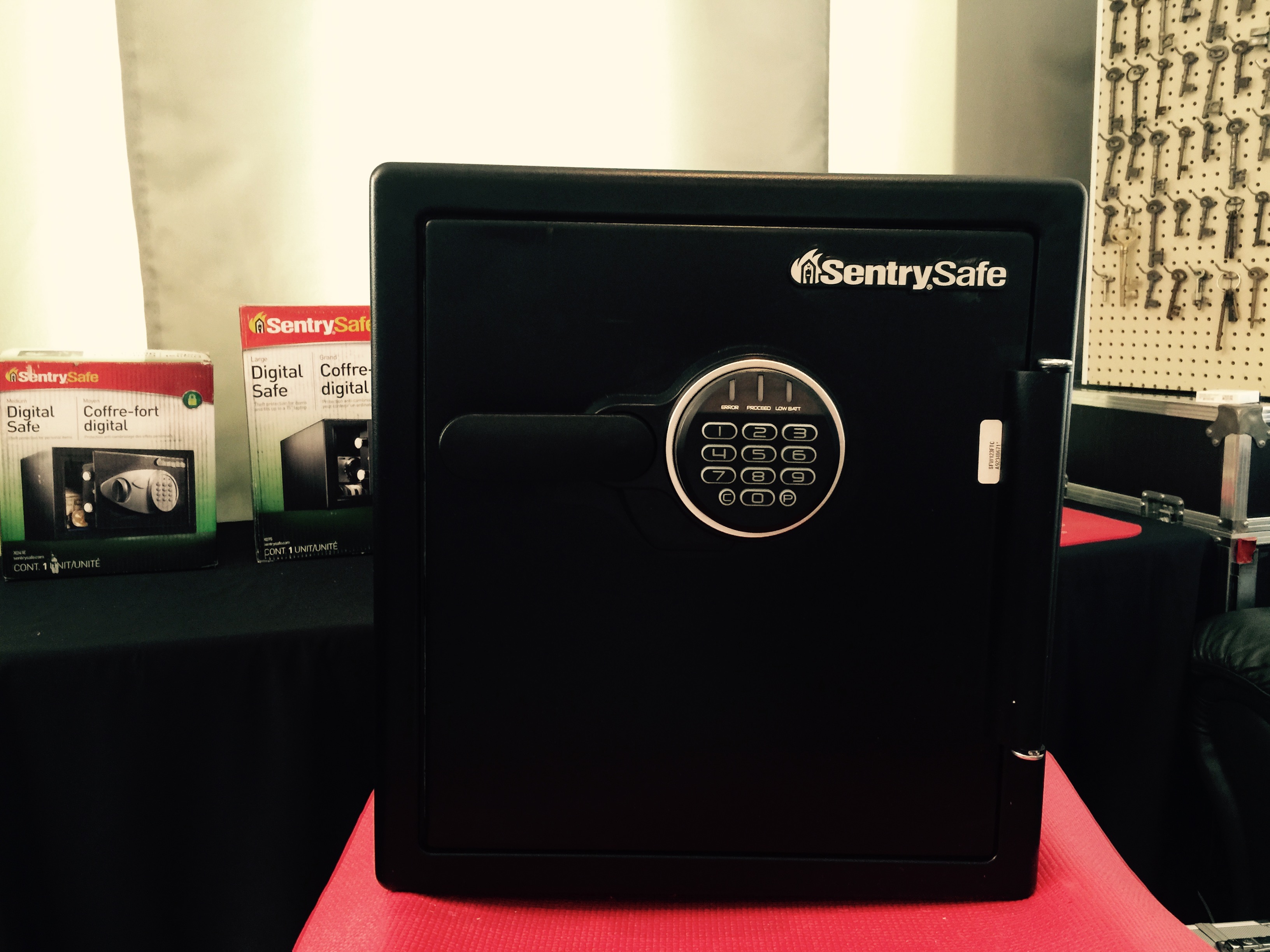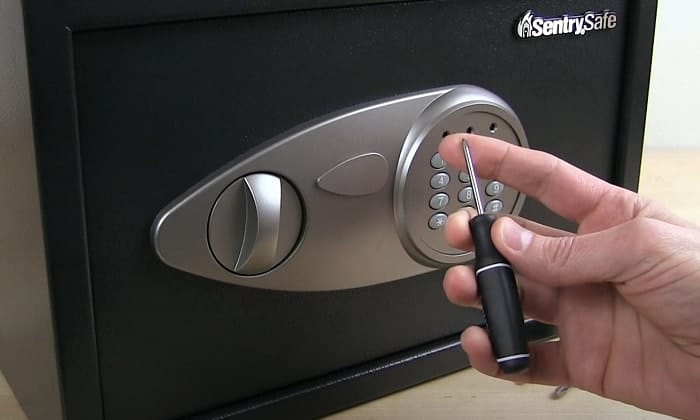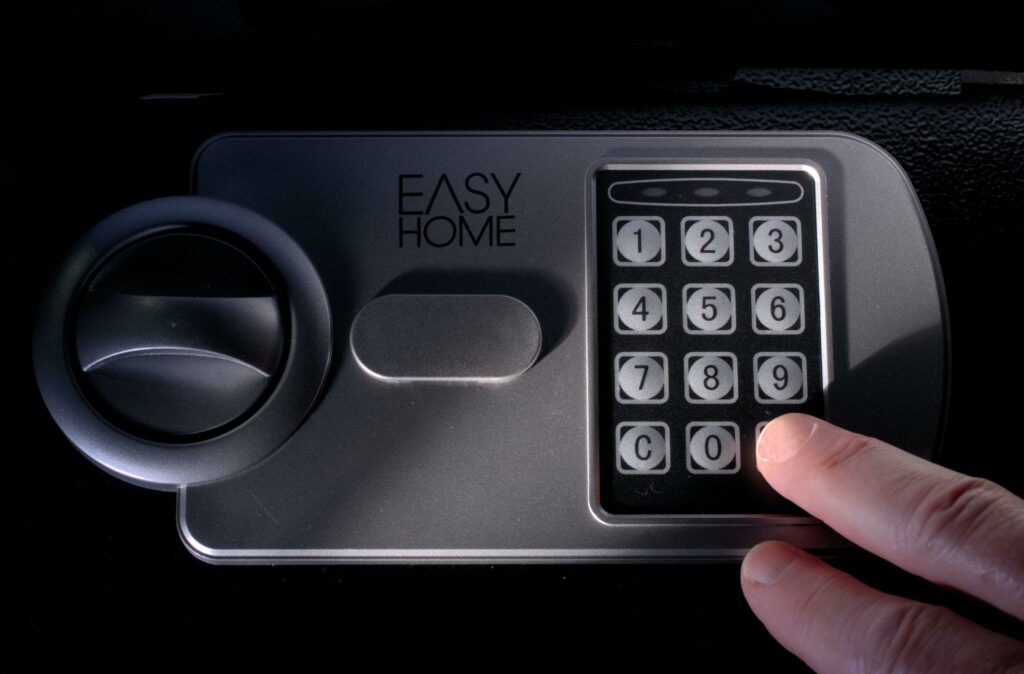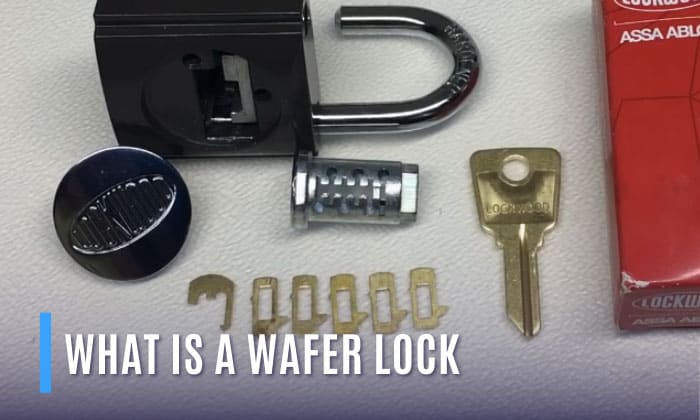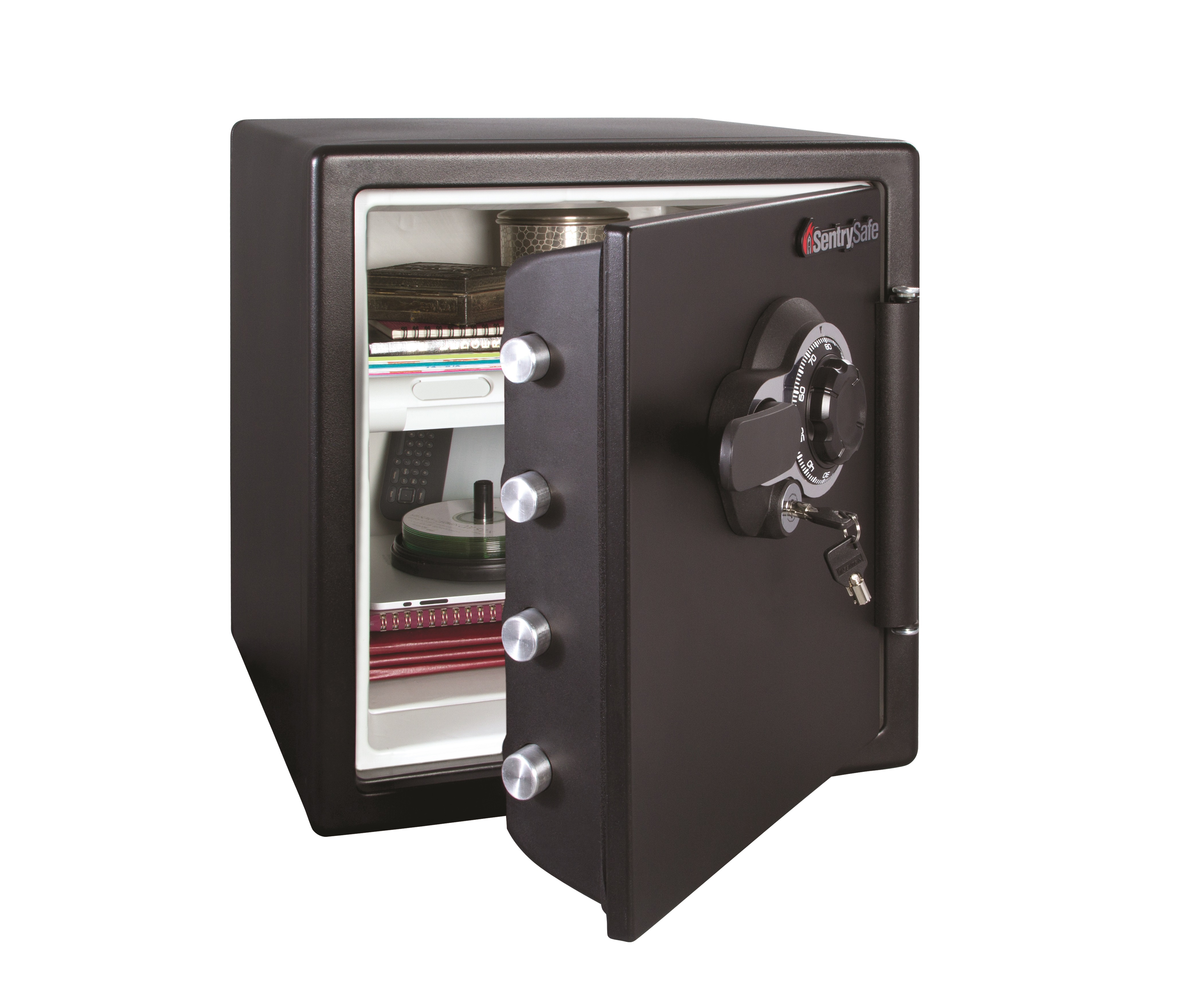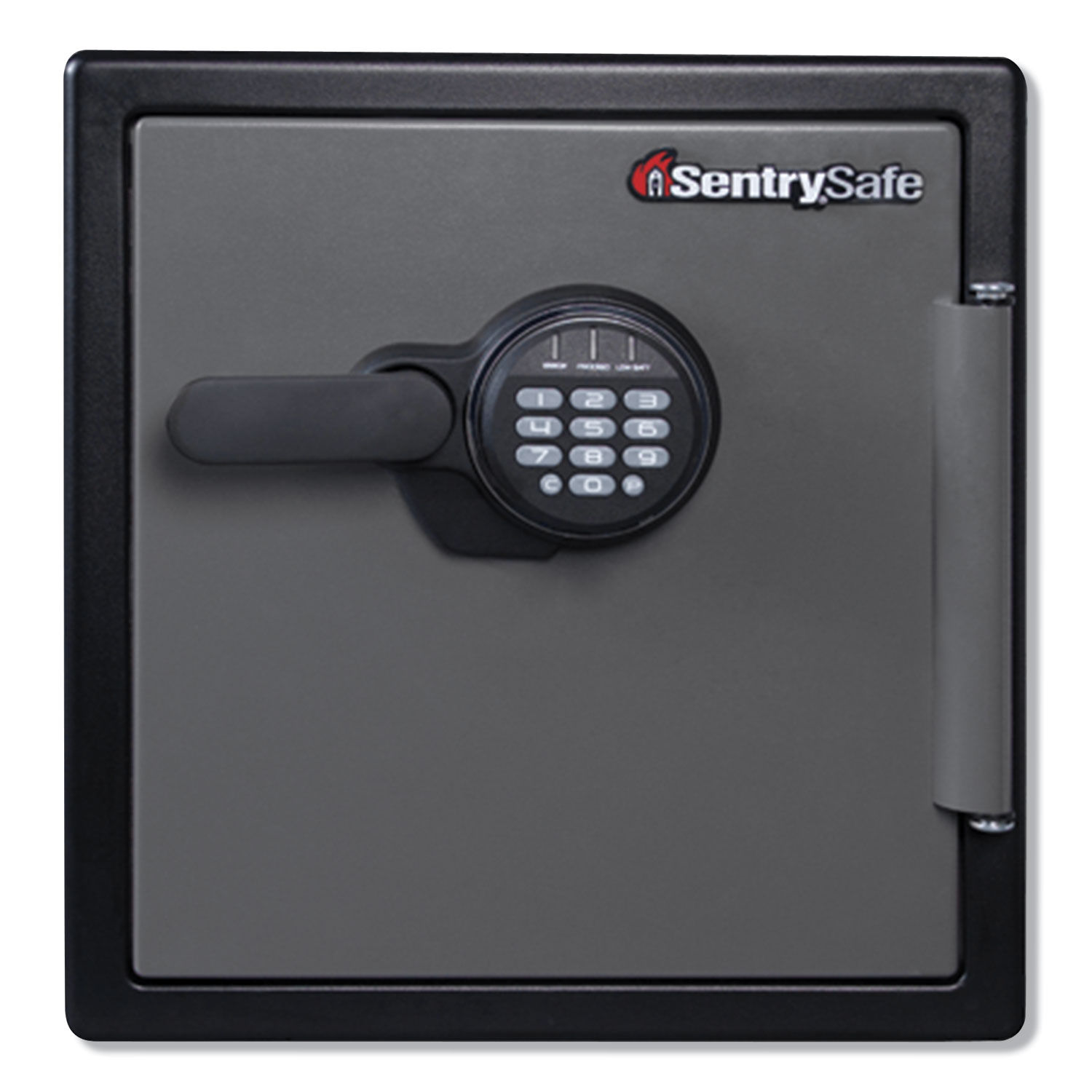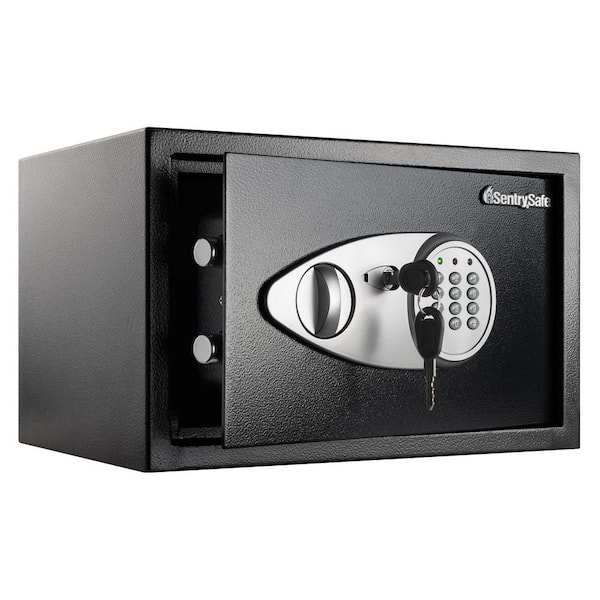How To Unlock A Sentry Safe Without The Combination

The internet is awash with methods, both legitimate and dubious, for accessing locked safes, particularly those manufactured by Sentry Safe. Concerns surrounding safe security are amplified by the accessibility of these techniques, raising questions about the true protection afforded by these devices. This article explores the documented methods and the associated implications of bypassing a Sentry Safe without the combination.
Sentry Safe, a leading manufacturer of fire-resistant safes and security containers, has faced scrutiny regarding the vulnerability of some of its models. These weaknesses often stem from design flaws or easily exploitable mechanisms. This article aims to provide a balanced overview of the various methods alleged to bypass safe security.
Bypassing Mechanisms: A Detailed Look
Several methods for opening a Sentry Safe without the combination have circulated online, ranging from sophisticated lock-picking techniques to more brute-force approaches. While some methods require specialized tools and skills, others purportedly leverage inherent design vulnerabilities.
The Magnet Method
One widely discussed technique involves the use of a strong magnet. Reports suggest that strategically placing a powerful magnet near the solenoid, the electronic lock mechanism, can sometimes trigger it to release. This method is said to work on specific electronic lock models.
The Bump Key Technique
Bump keys, specially cut keys designed to exploit weaknesses in pin tumbler locks, are another reported method. A bump key, when inserted and struck, can allegedly cause the pins to momentarily align, allowing the lock to be opened. This technique has been demonstrated online, sparking debate regarding the security of pin tumbler lock based Sentry Safe models.
Drilling and Manipulation
More destructive methods involve drilling into the safe to access the locking mechanism. This requires knowledge of the safe's internal structure to avoid damaging vital components. Once a hole is drilled, specialized tools can be used to manipulate the lock directly.
The Reset Code Exploit
Some sources claim to have discovered reset codes or default combinations for certain Sentry Safe models. These codes, if valid, can allow access to the safe without knowing the user-set combination. The validity and applicability of these codes vary greatly.
Impact and Implications
The ease with which some Sentry Safe models can reportedly be opened has significant implications for security. Homeowners and businesses rely on these safes to protect valuables and sensitive documents. The potential for unauthorized access undermines this trust and raises concerns about the adequacy of the protection offered.
The availability of information on bypassing safe mechanisms online further exacerbates the problem. Criminals can potentially use this information to gain unauthorized access to safes. Therefore, Sentry Safe and other manufacturers face pressure to improve the security of their products and address known vulnerabilities.
Sentry Safe's Response
Sentry Safe has acknowledged the security concerns surrounding some of its products. The company claims to continuously improve its designs and security measures. They encourage customers to register their safes and to contact customer support with any concerns.
While Sentry Safe does not publicly disclose specific vulnerabilities, they often release updated models with enhanced security features. The company also emphasizes the importance of proper usage and maintenance to ensure the optimal performance of their safes.
Conclusion
The ability to unlock a Sentry Safe without the combination is a complex issue with various factors at play. While numerous methods have been proposed, their effectiveness varies depending on the specific safe model and the skill of the individual attempting to bypass the lock.
Ultimately, consumers must be aware of the potential limitations of their security measures. It's important to understand that no safe is impenetrable, and preventative measures, such as choosing robust models and implementing additional security protocols, are crucial.

